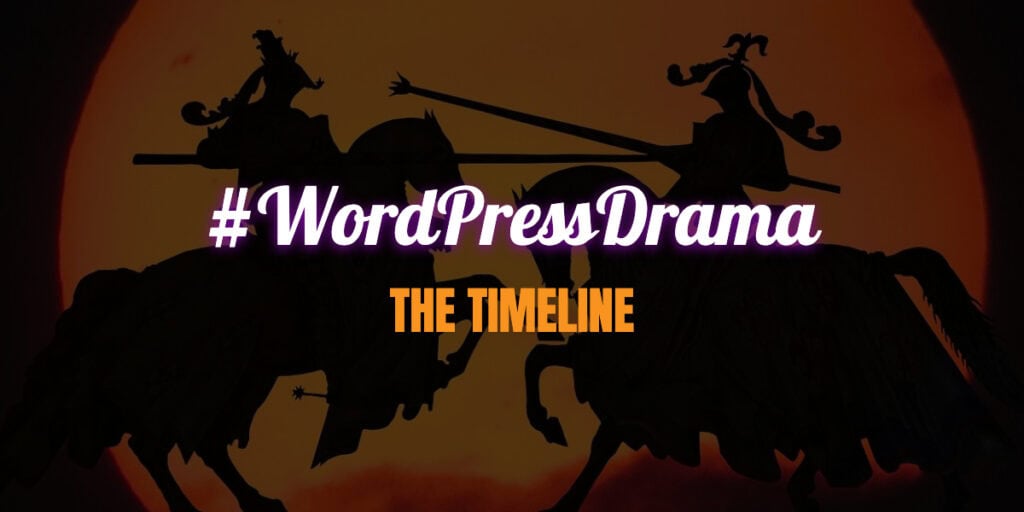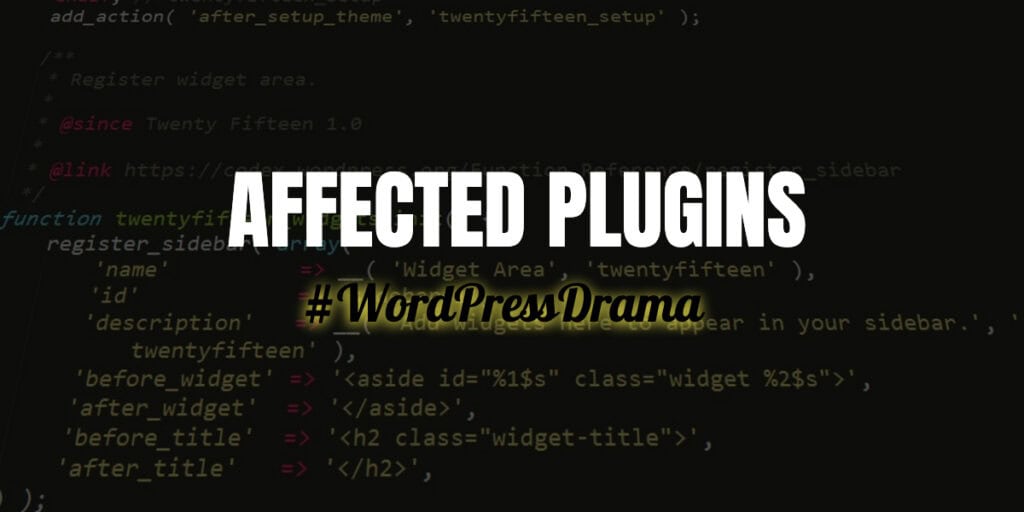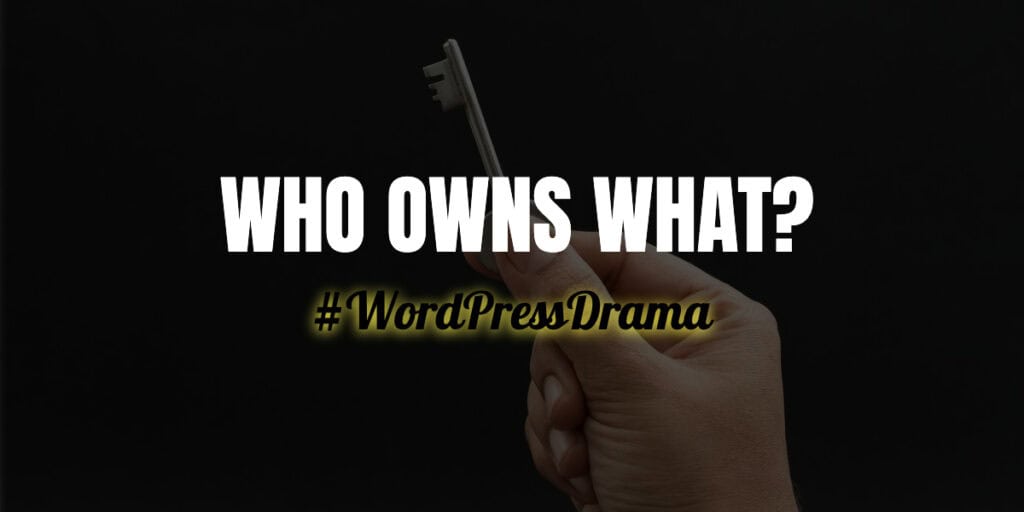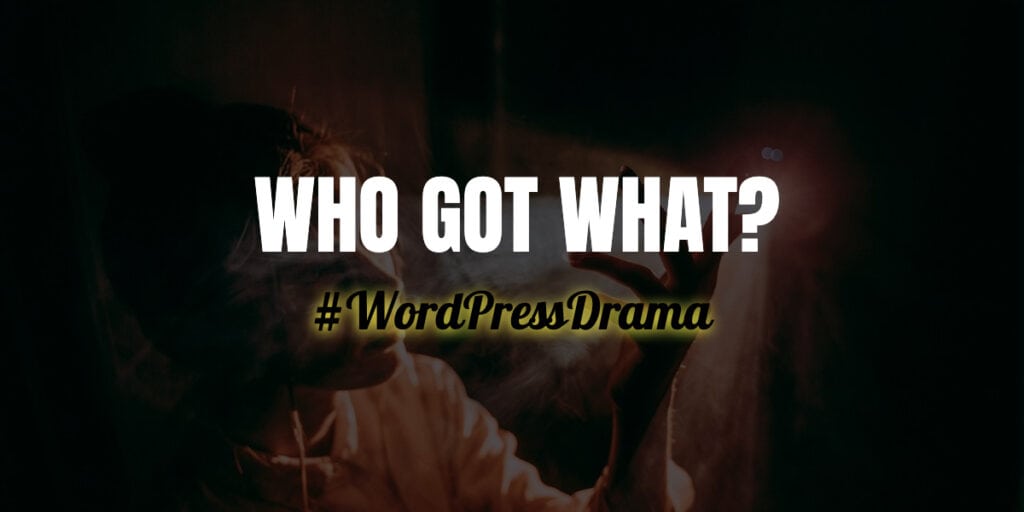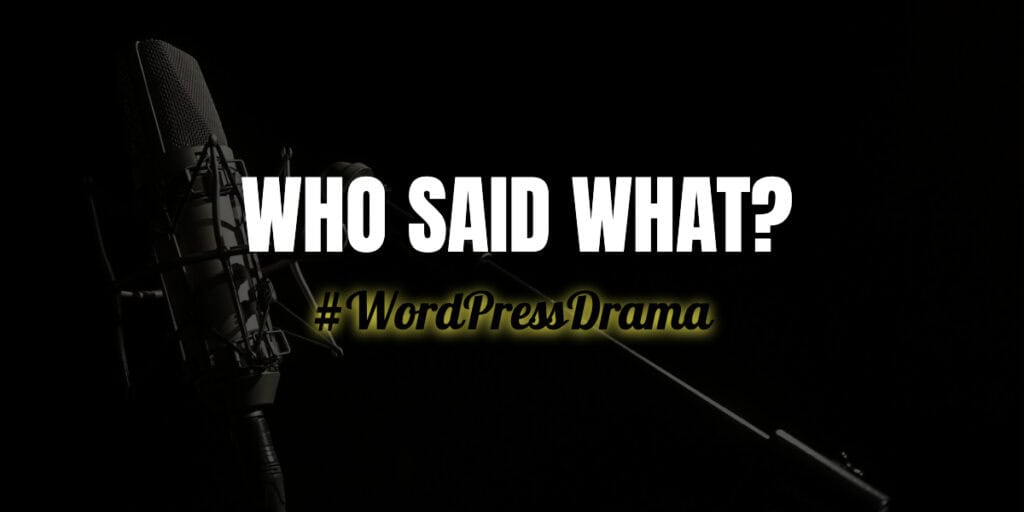Matt Mullenweg, a co-founder of WordPress, made news by blocking WP Engine from accessing resources on WordPress.org. At first, this restriction affected only WP Engine and its customers, who couldn’t reach WordPress repositories or update plugins and themes directly in their dashboards. However, as more limitations were added over time, the impact spread throughout the WordPress community, affecting many users beyond just WP Engine.
This decision has sparked a lot of criticism within the WordPress community, with many people seeing it as an abuse of power that threatens the open-source principles WordPress stands for.
So, what’s the result of this ongoing conflict? Although it’s still unresolved, it looks like none of the stakeholders are benefiting from the current situation within the WordPress ecosystem. Let’s look into who has gained or lost in this ongoing battle.
Matt Mullenweg
Reputation:
Matt Mullenweg, as the founder of WordPress and CEO of Automattic, stands at the center of this controversy. His decision to block WP Engine has sparked significant backlash within the community. Critics accuse him of undermining the open-source principles that WordPress was built upon, raising questions about his leadership and commitment to the community. This has resulted in:
- Erosion of Trust: Long-time supporters and contributors may feel disillusioned, potentially diminishing their engagement and contributions to the platform.
- Public Scrutiny: Increased media attention and public debate have intensified, placing Mullenweg’s decisions and leadership style under the microscope.
Legal Challenges:
The blockage has escalated into legal battles, with Automattic facing lawsuits that challenge its trademark policies and governance practices. These legal issues encompass:
- Trademark Disputes: Questions regarding the fair use and control of the “WordPress” trademarks.
- Governance Practices: Allegations of centralized control conflicting with the decentralized nature of open-source projects, which could lead to stricter regulatory oversight.
WP Engine
Operational Disruption: WP Engine’s inability to access WordPress.org resources has severely impacted its service delivery. Key consequences include:
- Service Reliability: Customers relying on WP Engine for seamless updates and plugin/theme integrations may experience downtime or functionality issues.
- Resource Allocation: WP Engine must divert resources to develop alternative solutions, such as hosting their own repositories or negotiating access, straining their operational capacity.
Legal Battles: WP Engine is actively defending its usage of the WordPress trademark and business practices in court. This situation entails:
- Financial Strain: Legal fees and potential settlements may pressure WP Engine’s financial resources.
- Brand Image: Prolonged legal disputes could tarnish WP Engine’s reputation, making it challenging to attract and retain customers and partners.
WordPress Community
Divided Opinions: The conflict has polarized the WordPress community, leading to:
- Factionalism: Community members may align themselves with either Automattic or WP Engine, creating divisions that hinder collaborative efforts and unified project advancements.
- Decreased Collaboration: Trust issues can reduce the willingness of developers and users to contribute to WordPress projects, stalling innovation and improvement.
Potential Forks: Discontent with the current governance may lead to discussions about creating a fork of WordPress. This scenario includes:
- Resource Dilution: Splintering the community could divide resources, leading to less efficient development and support for both versions.
- Market Fragmentation: A forked WordPress may confuse users and developers, weakening the overall ecosystem and reducing the platform’s dominance.
Users and Developers
Service Interruptions: Users and developers relying on WP Engine have faced challenges such as:
- Site Maintenance: Difficulty in accessing updates for plugins and themes can lead to outdated and non-functional websites.
- Customer Support Issues: WP Engine’s focus on resolving the blockage may result in slower response times and reduced support quality for their clients.
Security Concerns: The inability to update plugins and themes promptly raises significant security risks, including:
- Vulnerabilities: Outdated software is more susceptible to hacks and malware, putting user data and site integrity at risk.
- Compliance Issues: Websites handling sensitive information may fall out of compliance with security standards and regulations, leading to potential legal repercussions.
Open-Source World
The conflict prompts a reevaluation of how open-source projects can remain resilient against commercial pressures, with considerations such as:
- Diversified Governance: Implementing more inclusive and decentralized governance structures to prevent similar conflicts.
- Community Empowerment: Enhancing community involvement in decision-making to maintain the open-source ethos and collective ownership.
WordPress-Dependent Businesses
Businesses dependent on WordPress may reconsider their reliance, leading to:
- Exploration of Alternatives: Companies might seek proprietary or alternative CMS solutions to mitigate risks associated with governance conflicts.
- Market Shifts: A decline in WordPress’s market dominance could open opportunities for competing platforms to gain traction.
The ongoing battle between Matt Mullenweg and WP Engine has far-reaching consequences for all stakeholders involved. This controversy highlights the tensions between commercial interests and open-source ideals within the WordPress ecosystem, raising important questions about the influence of key individuals on open-source projects and the sustainability of these models when commercial entities are involved.
While no clear “winner” has emerged from this drama, it has exposed significant vulnerabilities in governance structures within open-source communities like WordPress. As a result, some businesses are beginning to reconsider their reliance on WordPress, exploring proprietary solutions to mitigate the risk of similar disruptions in the future. Ultimately, the resolution of this conflict will likely shape future interactions between commercial entities and open-source projects, influencing how these communities evolve in response to changing dynamics.

Note: While I have tried my best to remain unbiased and factual in my take, I may have made some mistakes unintentionally. If you have any feedback for me or new information for any page on this website, please update via this contact form.

